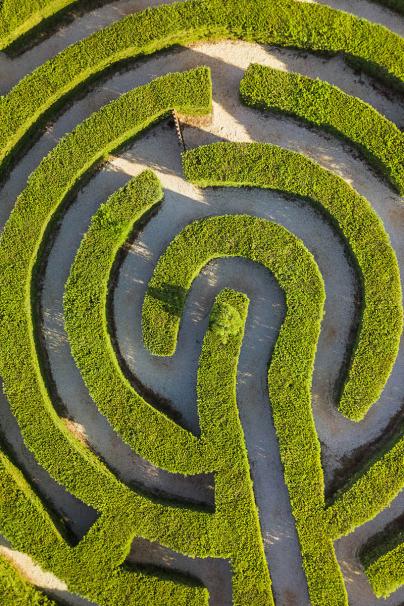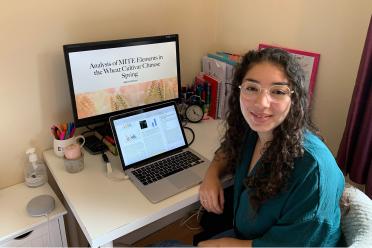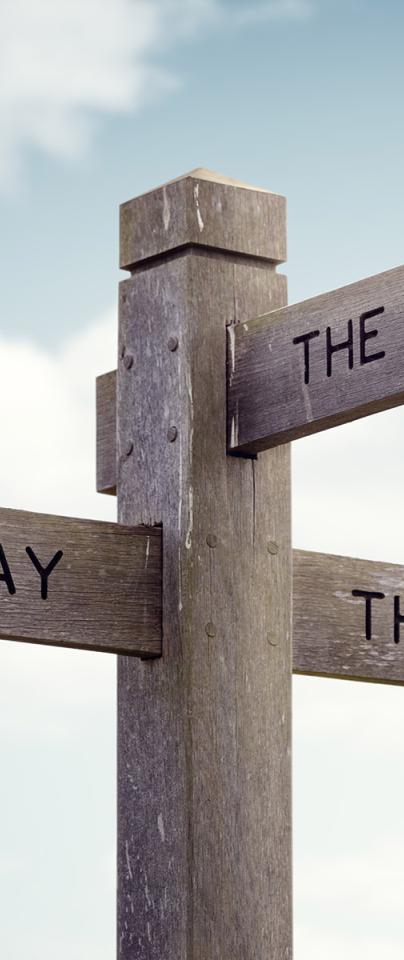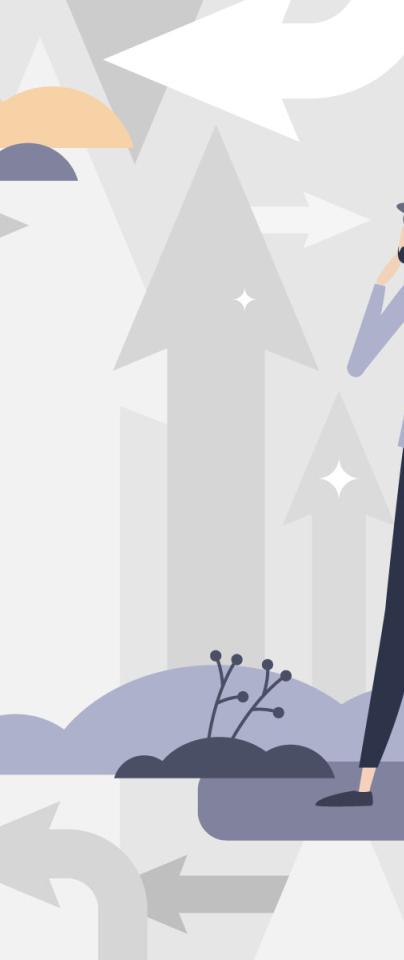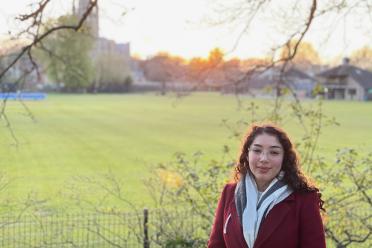When I asked the PhD students what they prioritised when looking for a PhD, many came up with a ranking.
All the PhD students agreed that the number one priority is to choose a project you are passionate about. Following this, the ranking will be personal preference.
Things to consider include location, finance, publishing reputation of the group and centre, the dynamic of the supervising team, available training opportunities, and types of PhDs.
While the traditional route to a PhD is by thesis, where you do your own original research, there are other varieties of PhDs out there. Integrated PhD, Industrial Doctorate, PhD by publication, and PhD by distance are also options.
Integrated PhD includes a one-year Master’s course, while an Industrial Doctorate includes experience with a commercial company. PhD by publication is for researchers who already have published papers that contribute original work to a field. PhD by distance allows students to perform their own research remotely, useful if you have other commitments or are an international student.
With all things considered, you would have to be lucky to find something with everything you want - so making a ranking will help you personally choose which to apply to.
In the end, it’s important to only apply to a place you would be happy to accept.
